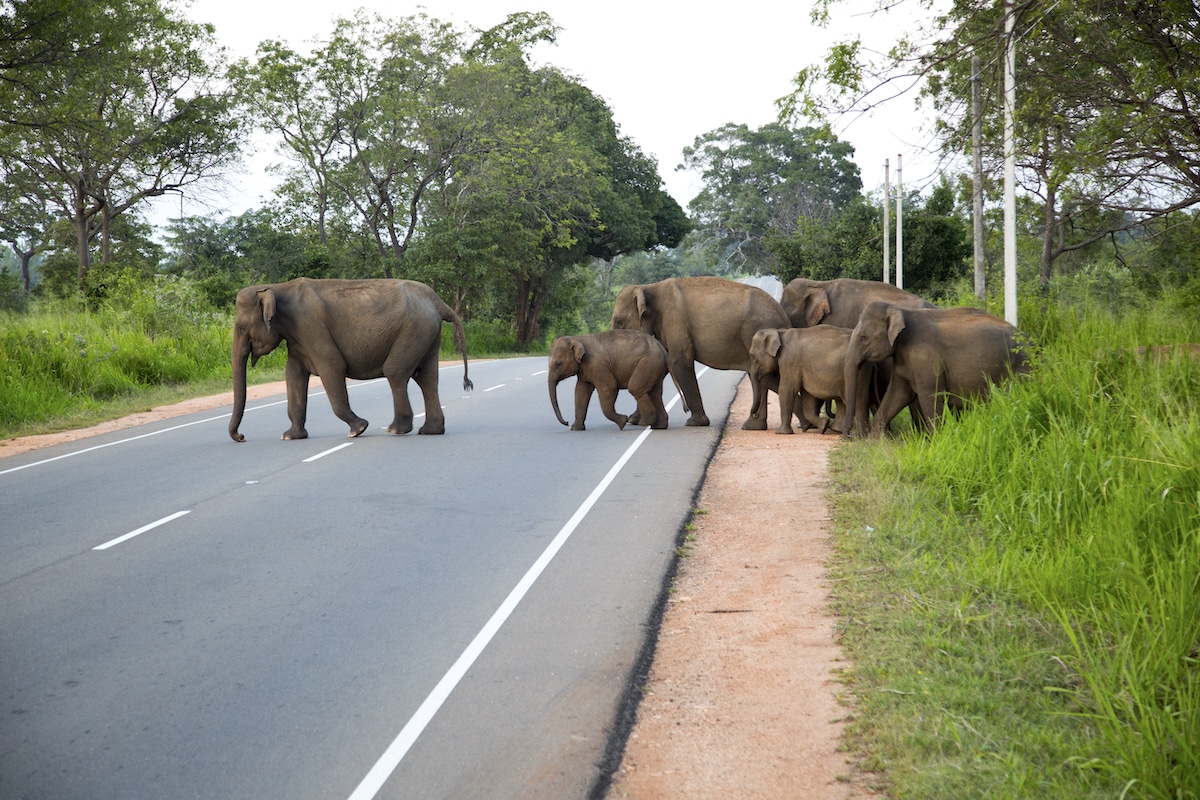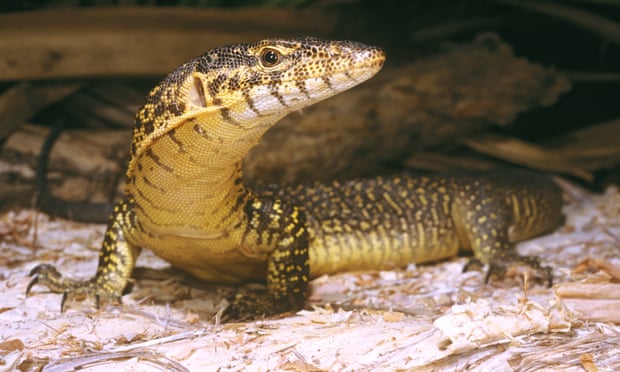Turkmenistan will become a member of the Convention on International Trade in Endangered Species of Wild Fauna and Flora (CITES) in January 2025.
This move makes Turkmenistan the 185th country to join CITES, completing Central Asia’s representation in the treaty aimed at regulating wildlife trade and combating trafficking.
Turkmenistan is home to a variety of unique and endangered species, including the Persian leopard, markhor goat, and peregrine falcon.
Many of these species are subject to both legal and illegal trade, with some listed under CITES appendices that impose strict trade regulations.
By joining CITES, Turkmenistan commits to tighter enforcement of these rules, which include managing international trade permits, seizing trafficked specimens, and cooperating with other nations to prevent wildlife crime.
Conservationists see this step as a milestone for biodiversity protection in the region. Tatjana Rosen of Conservation X Labs noted, “Now all of the countries [in Central Asia] are members of CITES, and that will lead to better Conservation and enforcement.”
With this membership, Turkmenistan will gain access to technical Support from CITES and will be required to implement its resolutions on wildlife crime.
The country’s expansive Karakum Desert and diverse ecosystems host species such as the steppe tortoise and urial sheep, which are often targeted for the pet trade, falconry, or trophy hunting.
These activities are closely monitored under CITES to ensure sustainability and legality. The inclusion of Turkmenistan in this global effort strengthens regional wildlife trade regulations, addressing vulnerabilities that traffickers have historically exploited.
Looking ahead, Turkmenistan will participate in CITES’ 20th summit in Uzbekistan in 2025, contributing to decisions that shape the future of international wildlife trade policies.
This article by Trinity Sparke was first published by One Green Planet on 4 December 2024. Image Credit :Michal Ninger/Shutterstock.
What you can do
Help to save wildlife by donating as little as $1 – It only takes a minute.







Leave a Reply